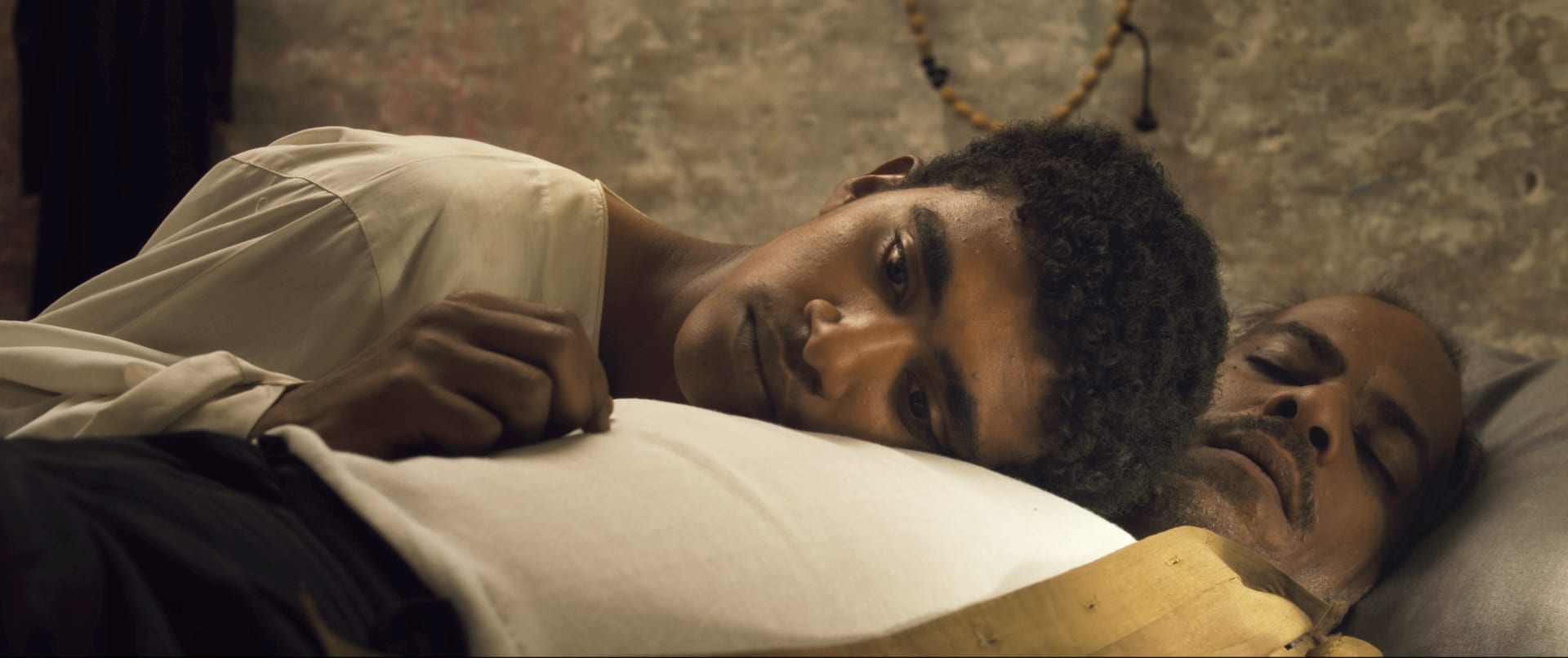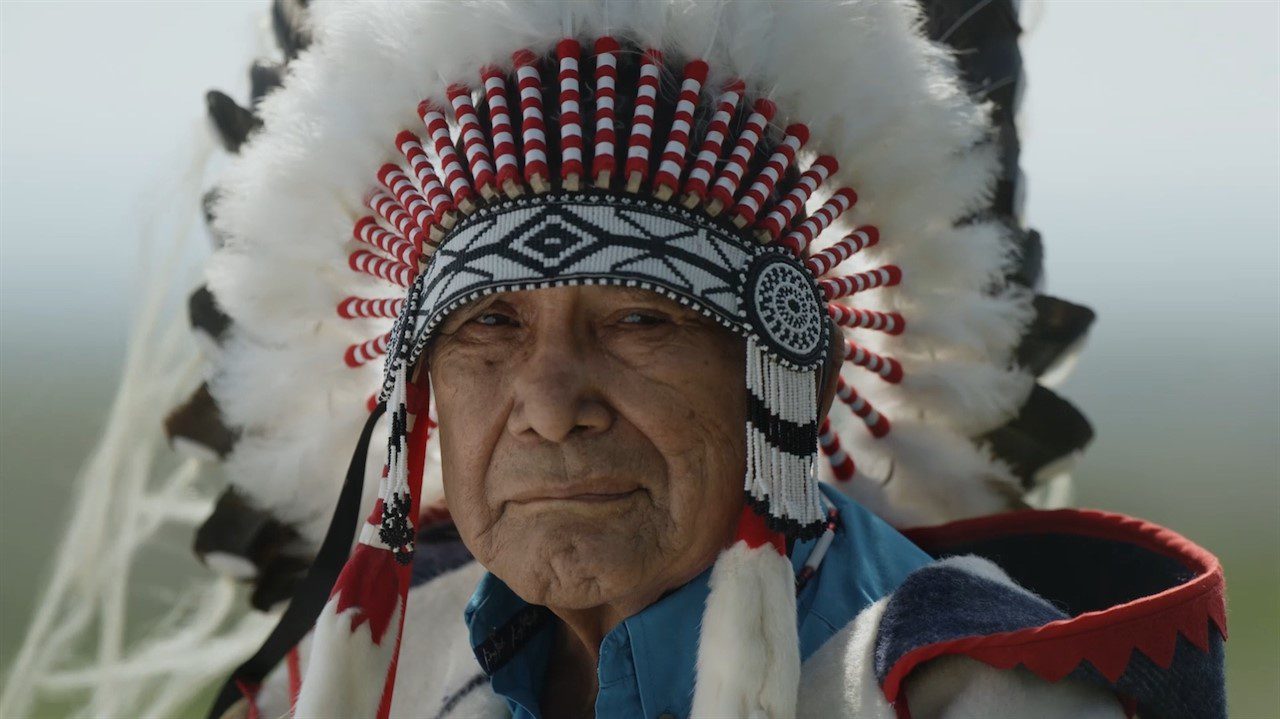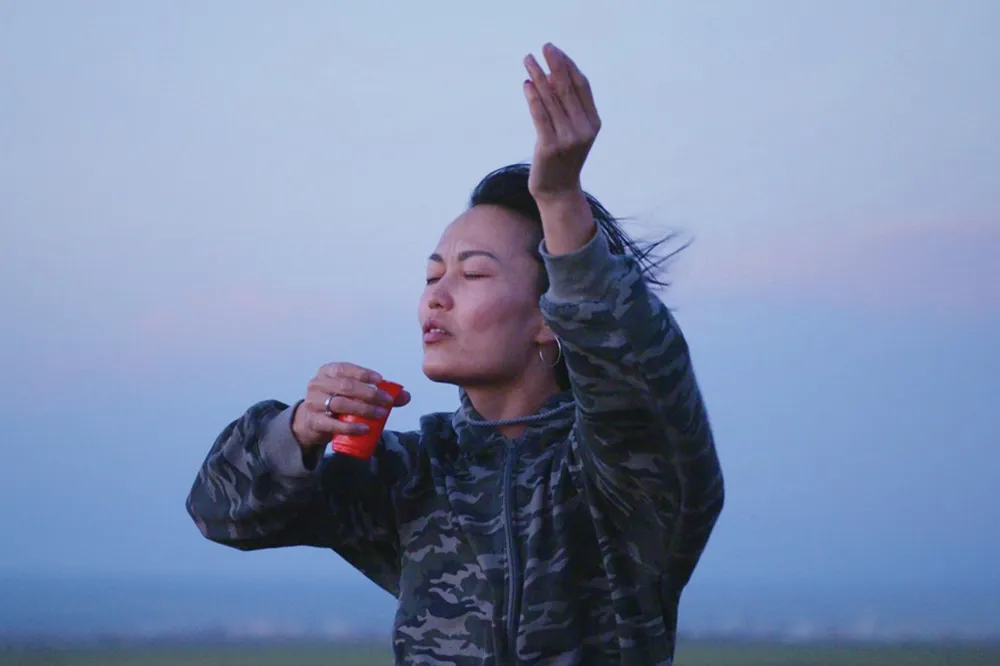You Will Die at Twenty is Sudan?s first ever submission for Best International Film Oscar consideration, and only the eighth fiction feature film made in the country. It offers us a chance to consider the ways fear of death may strip us of the joys of life.
When Muzamil was born, his parents took him to the local Sufi holy man for a blessing. Instead, it was prophesized that he would die when he turned twenty. This is announced as God?s command. The thought is too much for his father, who leaves their village, ostensibly to find work, but he is gone for many years. As a child, his mother is overprotective, until the local imam convinces her the boy needs to learn the Quran. And he does learn it, memorizing it in two different reading styles.
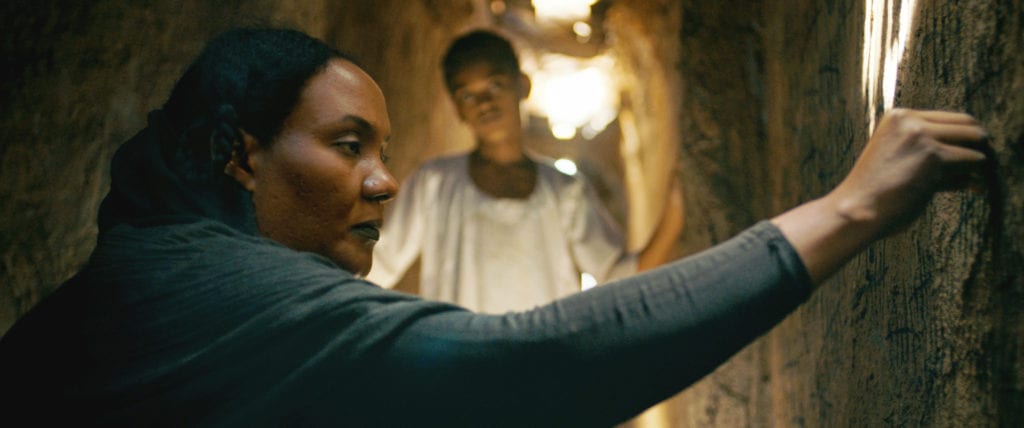
But his twentieth birthday is looming. His mother and other women are busy preparing the incense for his burial. He is reluctant to allow a romantic relationship grow with a village girl, because he knows his life is ending. It is of interest that no one ever doubts the prophecy. Everyone accepts that Muzamil is a doomed young man.
Sulaiman, an older man who left the village years ago, has returned. He is looked at as a reprobate. He has traveled the world as a photographer. He has stills and motion pictures that show Muzamil the world outside the village. Sulaiman seems to be the only person around who does not accept the premise that Muzamil is, as Sulaiman puts it, ?the walking dead?. He encourages Muzamil to live, even to sin, so that his life, even if short, will be meaningful.
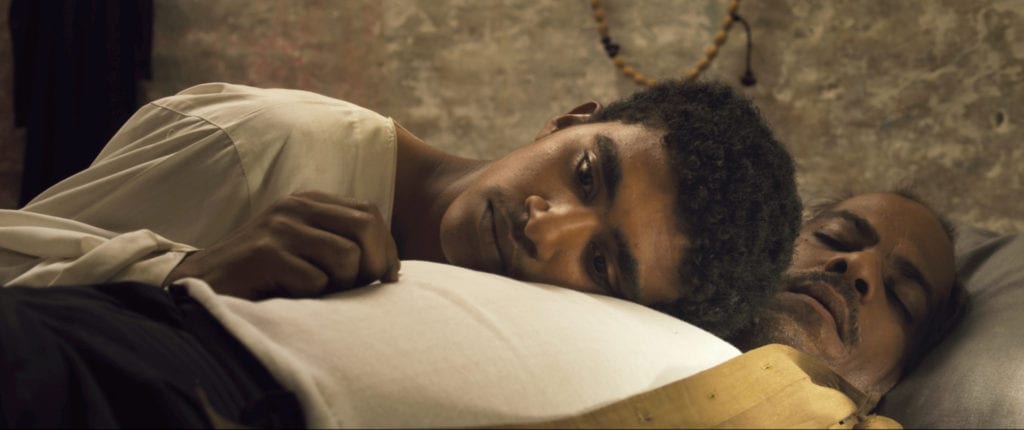
This is a story of a life that is held hostage by the specter of death. His mother literally counts the days. Muzamil never tries to envision a future, because he has been told he has none. Because of this he cannot allow himself to love or to hope. The prophecy has actually stripped him of the freedom of life. Sulaiman asks him to imagine another world?not just one far away, but one in which his death is not a given.
In press notes, Director Amjad Abu Alala relates the way this reflects Sudan under the dictatorship of Omar el-Bashir. He says, ?The Sudanese government used Islam to shut everyone?s mouth?when you say ?God says? nobody talks any more.? For the Sudanese in a post el-Bashir world, this film is a call to live freely. And it should be noted that the invocation of God is used by many who wish to end conversation.
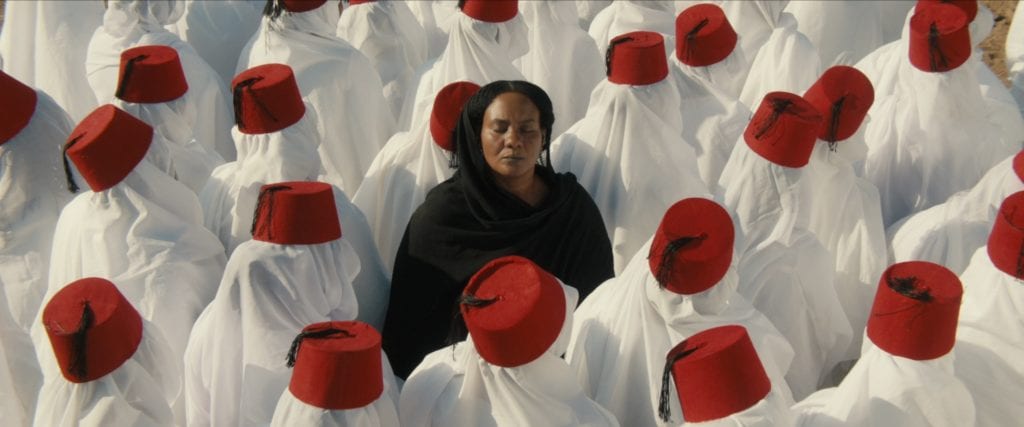
I also think that the film speaks to more universal themes. Certainly there is a sense in which knowing that we are mortal makes us reflect on life. For Christians, that is a message we receive each year when we receive ashes on our foreheads. Knowing that death awaits us all can be paralyzing for some, but for others it reminds us of the importance of each day. Death may be a reality we must all face, but life is also a reality that we are called to embrace.
You Will Die at Twenty is available on virtual cinema through local theaters.
Photos courtesy of Film Movement.

